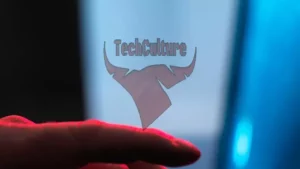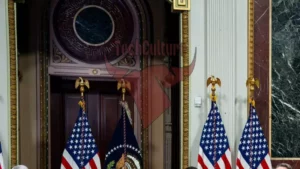In a recent development that has sparked controversy, Kenya has announced its decision to shut down Sam Altman’s eyeball-scanning cryptocurrency, Worldcoin, within its borders. However, Worldcoin has a different perspective on the matter, raising questions about who is truly breaking up with whom. This clash between the Kenyan government and the cryptocurrency company highlights the ongoing struggle between traditional institutions and the emerging world of digital currencies.
Kenya’s decision to shut down Worldcoin is a significant move that reflects the government’s concerns over the potential risks associated with cryptocurrencies. While some argue that these digital currencies offer numerous benefits, such as increased financial inclusion and reduced transaction costs, others worry about their potential for facilitating illicit activities and destabilizing existing financial systems. Kenya’s move can be seen as a precautionary measure to protect its citizens and maintain regulatory control over its financial sector.
On the other hand, Worldcoin’s response suggests that the cryptocurrency company may not be ready to give up on Kenya just yet. Their differing perspective raises questions about the nature of the relationship between the Kenyan government and Worldcoin. Is this a case of Kenya breaking up with Worldcoin, or is it Worldcoin pushing boundaries and testing the limits of regulatory oversight? Only time will tell how this dispute will unfold and whether it will have broader implications for the global cryptocurrency landscape.
The clash between Kenya and Worldcoin over the shutdown of the eyeball-scanning cryptocurrency highlights the ongoing tension between traditional institutions and the world of digital currencies. Kenya’s decision reflects concerns about the potential risks associated with cryptocurrencies, while Worldcoin’s response suggests a possible resistance to the breakup. This conflict serves as a reminder of the challenges and complexities surrounding the regulation and adoption of cryptocurrencies worldwide.
Read more at Futurism





